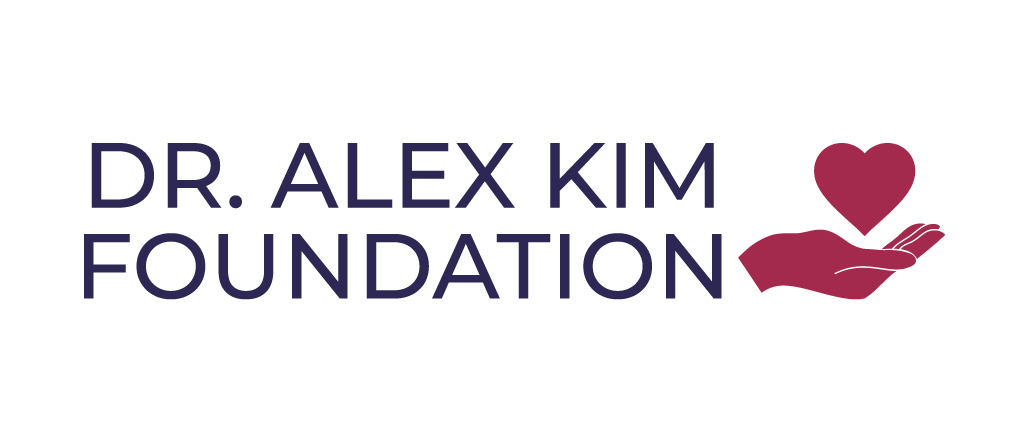Arts education plays a crucial role in the holistic development of children, especially in their formative years. It is not merely an extracurricular activity; it is a vital component of a well-rounded education that contributes to cognitive, emotional, and social growth.
Cognitive Development: Engaging in arts activities like drawing, painting, music, and drama stimulates brain development. It enhances fine motor skills, improves hand-eye coordination, and fosters critical thinking. Research has shown that children who participate in the arts often perform better academically, as the creativity and problem-solving skills they develop translate into better performance in subjects like math, science, and reading.
Emotional and Social Growth: The arts provide a medium for children to express their emotions, fears, and joys in a constructive way. This emotional outlet is especially important for children who might not have the words to articulate their feelings. Group activities, such as participating in a choir or a theater production, also teach children valuable social skills like teamwork, empathy, and communication.
Confidence Building: Creating something unique gives children a sense of accomplishment and boosts their self-esteem. Whether it’s finishing a painting, learning a new instrument, or performing in a play, these achievements build confidence and encourage children to take on new challenges, both within and outside of the arts.
Long-Term Benefits: Children who are exposed to the arts are more likely to develop a lifelong appreciation for culture and creativity. This exposure can lead to career opportunities in creative fields and foster a more innovative mindset in any profession they choose. The benefits of arts education extend well into adulthood, influencing personal and professional success.
The Role of Arts Academies: Arts academies play a crucial role in making arts education accessible to all children, particularly those from low-income families. These programs often provide scholarships, free materials, and dedicated spaces where children can explore their creative talents under the guidance of experienced instructors. In many cases, these academies serve as safe havens where children can escape the challenges of their daily lives and immerse themselves in creative expression.
Get Involved: Support our arts programs by volunteering, donating materials, or participating in our events to help foster creativity in the next generation. Your involvement can make a significant difference in the lives of children, helping them to develop the skills and confidence they need to succeed.
Change Lives with the Dr. Kim Foundation
Contact Us Today
Arts education plays a crucial role in the holistic development of children, especially in their formative years. It is not merely an extracurricular activity; it is a vital component of a well-rounded education that contributes to cognitive, emotional, and social growth.
Cognitive Development: Engaging in arts activities like drawing, painting, music, and drama stimulates brain development. It enhances fine motor skills, improves hand-eye coordination, and fosters critical thinking. Research has shown that children who participate in the arts often perform better academically, as the creativity and problem-solving skills they develop translate into better performance in subjects like math, science, and reading.
Emotional and Social Growth: The arts provide a medium for children to express their emotions, fears, and joys in a constructive way. This emotional outlet is especially important for children who might not have the words to articulate their feelings. Group activities, such as participating in a choir or a theater production, also teach children valuable social skills like teamwork, empathy, and communication.
Confidence Building: Creating something unique gives children a sense of accomplishment and boosts their self-esteem. Whether it’s finishing a painting, learning a new instrument, or performing in a play, these achievements build confidence and encourage children to take on new challenges, both within and outside of the arts.
Long-Term Benefits: Children who are exposed to the arts are more likely to develop a lifelong appreciation for culture and creativity. This exposure can lead to career opportunities in creative fields and foster a more innovative mindset in any profession they choose. The benefits of arts education extend well into adulthood, influencing personal and professional success.
The Role of Arts Academies: Arts academies play a crucial role in making arts education accessible to all children, particularly those from low-income families. These programs often provide scholarships, free materials, and dedicated spaces where children can explore their creative talents under the guidance of experienced instructors. In many cases, these academies serve as safe havens where children can escape the challenges of their daily lives and immerse themselves in creative expression.
Get Involved: Support our arts programs by volunteering, donating materials, or participating in our events to help foster creativity in the next generation. Your involvement can make a significant difference in the lives of children, helping them to develop the skills and confidence they need to succeed.

